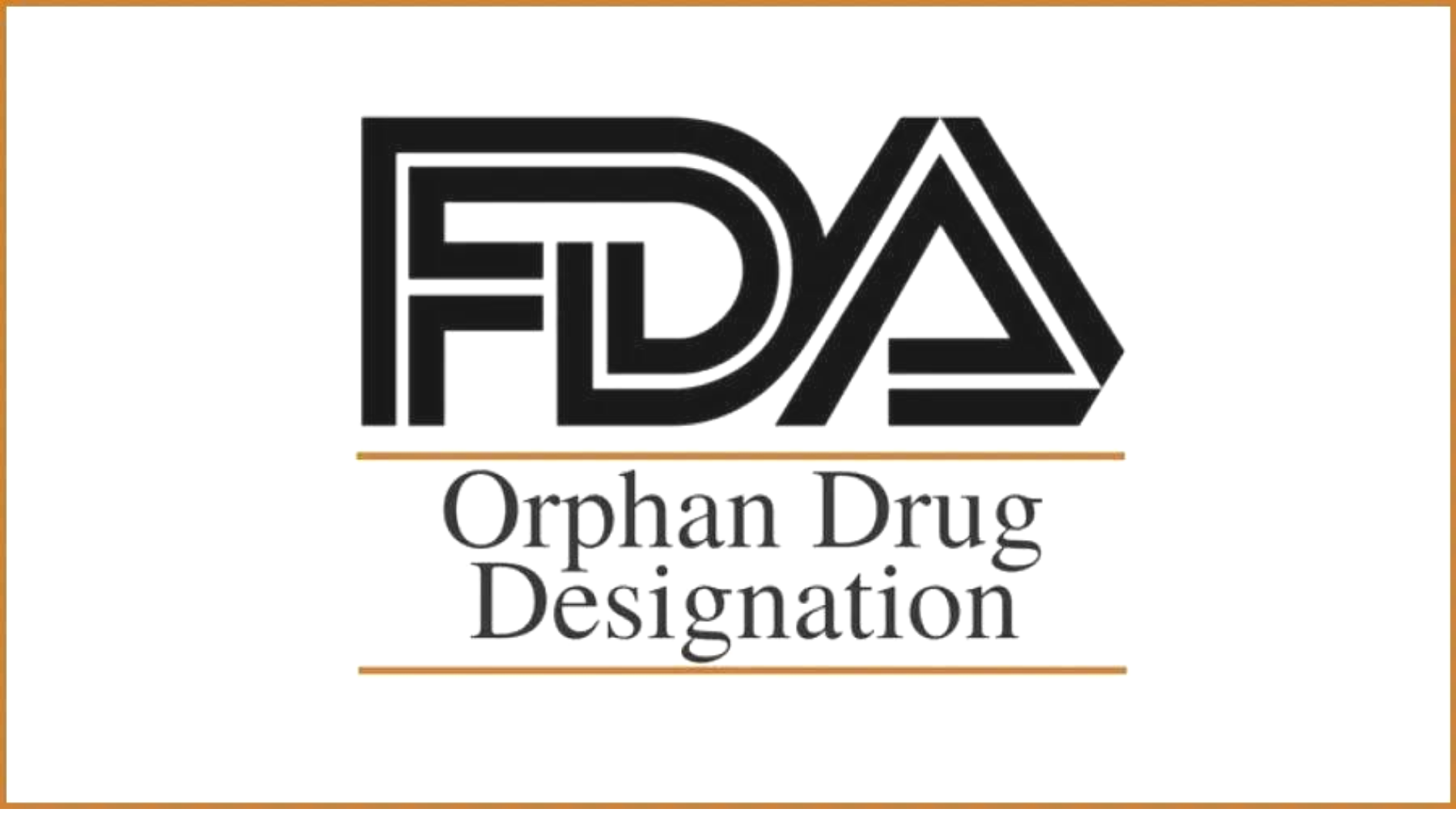The oncolytic bacteria drug SalMet-Vec® has obtained the Orphan Drug Designation (ODD) from FDA for the treatment of pancreatic cancer
On January 7, 2025 (US time), the core product of Sinogen Pharmaceutical, the oncolytic bacteria drug SalMet-Vec®, obtained the Orphan Drug Designation (ODD) from the US Food and Drug Administration (FDA) for the treatment of pancreatic cancer. This is the fourth Orphan Drug Designation granted by the FDA for SalMet-Vec®, following the treatment of osteosarcoma, hepatocellular carcinoma, and small cell lung cancer.

Pancreatic cancer is a high mortality malignant tumor originating from pancreatic tissue, which is the seventh leading cause of cancer related death worldwide. According to statistics, about 460,000 people worldwide are diagnosed with pancreatic cancer every year, while about 430,000 people die of pancreatic cancer. The global incidence rate and mortality rate are increasing year by year at an average annual growth rate of 1.1%. It is estimated that by 2050, the incidence rate of pancreatic cancer will rise to 18.6 per 100,000 people diagnosed (Hu JX et al, 2021). At present, surgical resection is the only way to cure pancreatic cancer. However, more than 80% of patients lost the opportunity of surgery because of the late disease period. Chemotherapy and radiotherapy are routine treatments for pancreatic cancer, but patients are prone to drug resistance or intolerance. Targeted therapy and immunotherapy are mostly in the research stage, lacking clear clinical evidence and limited efficacy. With the rapid development of medical technology, many cancer treatment methods and survival rates have been greatly improved, but so far, these new therapies have not significantly benefited pancreatic cancer treatment. In the past 20 years, the five-year survival rate of pancreatic cancer has only increased from 5% to 8% (Goess R, et al, 2018), and the overall prognosis is not optimistic. Pancreatic cancer is still one of the most deadly malignant tumors.
<END>


